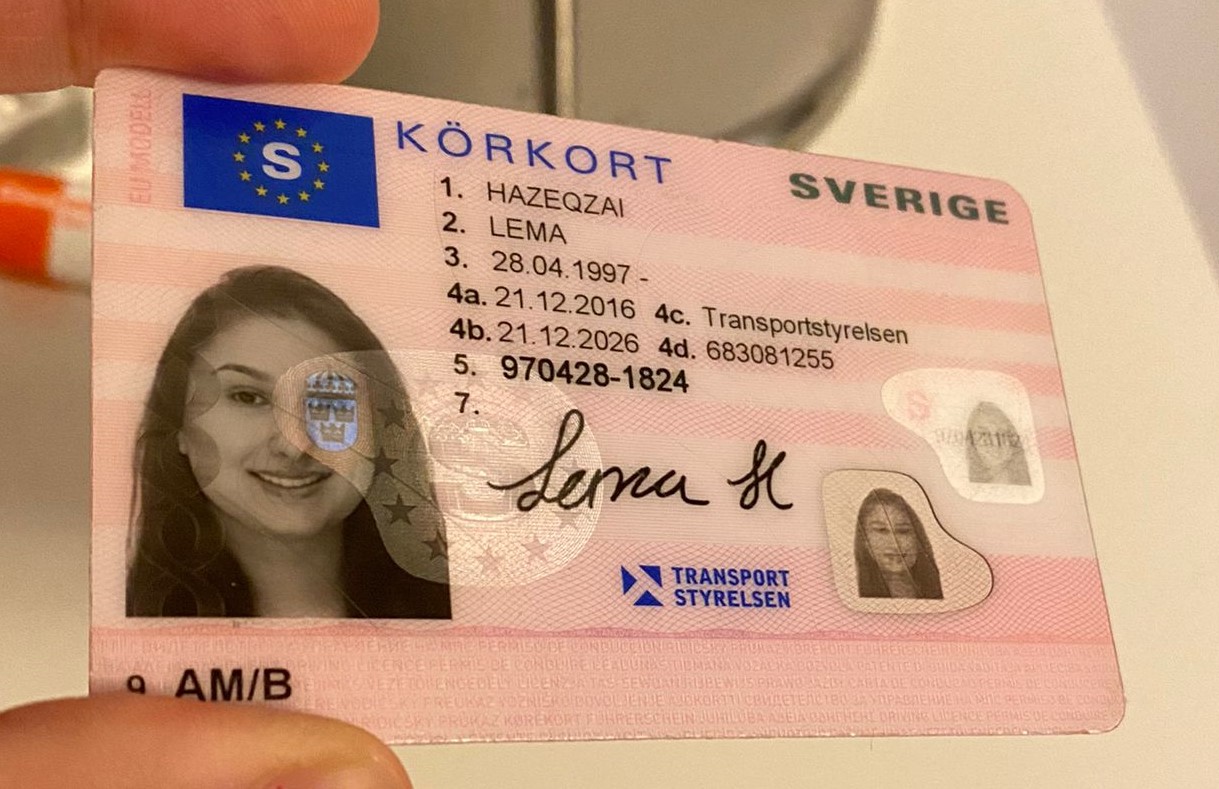Understanding Transportstyrelsen: Sweden's Transport Agency
Transportstyrelsen, or the Swedish Transport Agency, plays an important role in the management and policy of various transportation sectors within Sweden. Responsible for guaranteeing safe, effective, and sustainable transportation systems, this agency oversees a broad array of transport modes, including roadway, rail, aviation, and maritime. This post looks into the company's structure, functions, policies, and effect on the Swedish transportation landscape.
Summary of Transportstyrelsen
Established primarily to simplify the management of the transport sector, Transportstyrelsen consolidates numerous functions related to traffic security, facilities, and ecological effect. The firm operates under the Ministry of Infrastructure and works in cooperation with regional governments, economic sector stakeholders, and international companies.
Key Functions of Transportstyrelsen
Transportstyrelsen's duties include a broad scope, which can be summarized as follows:
Regulatory Framework Development
- Develop regulations and standards for all transport modes.
- Monitor compliance and enforce relevant laws and directives.
Licensing and Registration
- Handle the licensing process for drivers and transport organizations.
- Maintain a detailed database of authorized lorries and airplane.
Traffic Safety Promotion
- Conduct research and gather data on transport safety.
- Carry out projects focused on increasing public awareness about traffic security.
Sustainability Initiatives
- Promote eco-friendly transportation options.
- Motivate the adoption of electrical and alternative fuel lorries.
International Collaboration
- Engage with other European and international transport authorities.
- Take part in initiatives targeted at balancing transport guidelines throughout borders.
Organizational Structure
Transportstyrelsen is arranged into numerous departments, each concentrating on specific transport modalities:
- Road Traffic Department
- Railway Department
- Maritime and Air Traffic Department
- Environment and Sustainability Department
- Economic Analysis and Strategy Department
This structure enables specialization and focused efforts in handling the diverse aspects of transportation within Sweden while guaranteeing that all departments work collaboratively towards typical objectives.
| Department | Secret Responsibilities |
|---|---|
| Roadway Traffic Department | Handles driver licensing, car registration, and roadway safety policies. |
| Railway Department | Oversees railway safety, infrastructure development, and service quality. |
| Maritime and Air Traffic Department | Manages shipping and aviation, guaranteeing compliance with safety requirements. |
| Environment and Sustainability Department | Addresses transport-related environmental issues and promotes sustainability practices. |
| Economic Analysis and Strategy Department | Carries out financial analyses to notify policy and method on transport initiatives. |
Influence on the Swedish Transport System
Transportstyrelsen's impact on the Swedish transport system is extensive. The company's policies and policies shape the safety, effectiveness, and environmental impact of transportation in Sweden. Key contributions consist of:
- Enhanced Safety Standards: By setting rigid safety guidelines and Körkortet Online continually keeping an eye on compliance, the company helps lower mishap rates and enhance overall roadway, rail, and air security.
- Promotion of Public Transport: Through investments and support for public transport systems, the company motivates a shift from private automobile dependence to more sustainable and eco-friendly transportation modes.
- Assistance for Innovations: The company cultivates innovation in the transportation sector by supporting new innovations such as electric vehicles and clever traffic systems, intending to meet both existing and future difficulties in transport logistics and environmental management.
Regulation Compliance
To guarantee compliance with Transportstyrelsen's regulations, stakeholders in the transportation sector should abide by various standards and requirements. This consists of acquiring necessary licenses, undergoing inspections, and submitting reports on security efficiency.
Vital Compliance Areas
- Driver Licensing Requirements
- Automobile Inspection Standards
- Security Protocols for Transport Operations
- Ecological Regulations for Vehicle Emissions
- Operational Standards for Public Transport Services
Infractions of these policies can lead to significant charges, consisting of fines and the revocation of permits or licenses.
Frequently Asked Questions (FAQs)
What is Transportstyrelsen?Transportstyrelsen, or the Swedish Transport Agency, is the federal government authority accountable for regulating all aspects of transport in Sweden, including roadway, rail, maritime, and air travel sectors. How does Transportstyrelsenmake sure safety in transportation?The agency establishes and implements policies, performs research study, and implements security campaigns to promote safe transportation practices among all roadway users. What types of automobiles does Transportstyrelsen regulate?Transportstyrelsen manages a wide range of automobiles, consisting of automobile, commercial lorries, motorcycles, aircraft, and maritime
vessels. How can I call Transportstyrelsen?Transportstyrelsen can be called by means of their main website where numerous resources, contact information, and forms for inquiries are offered.
Exists an appeal process for licensing decisions made by Transportstyrelsen?Yes, people and companies can appeal decisions made by Transportstyrelsen concerning licenses and regulations as described in their main guidelines. Transportstyrelsen is an essential part of Sweden's transport landscape, making sure that the systems in location are not only efficient and effective however likewise safe and environmentally mindful. Its multifaceted duties, from regulation to public security, establish a framework that benefits both the Swedish population and the more comprehensive transport network. Understanding Transportstyrelsen's functions and functions helps stakeholders navigate the intricacies of the transportation sector, cultivating compliance and promoting advancements needed for future sustainability.






